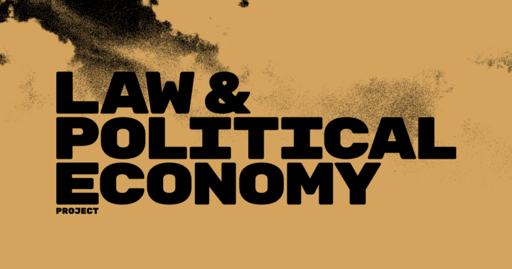In my recently published book, Dignity Not Debt, I argue that when it comes to debt, policymakers should turn away from the free-market framework and toward the principle of human dignity. The free market approach, which is grounded in an ideal of efficiency, has been effective in large part because it purports to offer a clear and universal north star to guide debt policy. Therefore, if we are to replace it, we must choose a new guiding principle that is equally clear and universally understood. The principle of human dignity is the best candidate because it captures our shared understanding that everyone possesses an inherent dignity which others must respect. At its core, the principle of human dignity recognizes the intrinsic worth of every person. A foundational concept in human rights law, the principle is already deployed around the globe and codified in dozens of human rights instruments. It carries substantive human rights obligations, including rights to privacy and due process, rights to be free from discrimination, and rights to housing, education, and water, among others.
What would America’s household debt landscape look like with human dignity as our north star? How would we decide what credit to encourage and what to discourage or abolish? I offer three tenets, based on the overarching principle of human dignity, that are applicable to debt policy. These tenets serve as a foundation for a new taxonomy that reflects the reality of household debt and provides policymakers with tools for crafting just and sensible debt policy. First, respect for human dignity requires that each person be able to meet their needs and enjoy life without degradation and fear. Second, respect for human dignity requires that no person be treated as a means to another’s end. Third, respect for human dignity requires true equality—not just equal treatment, but a redistribution of power, wealth, and resources to ensure equal dignity for all.


